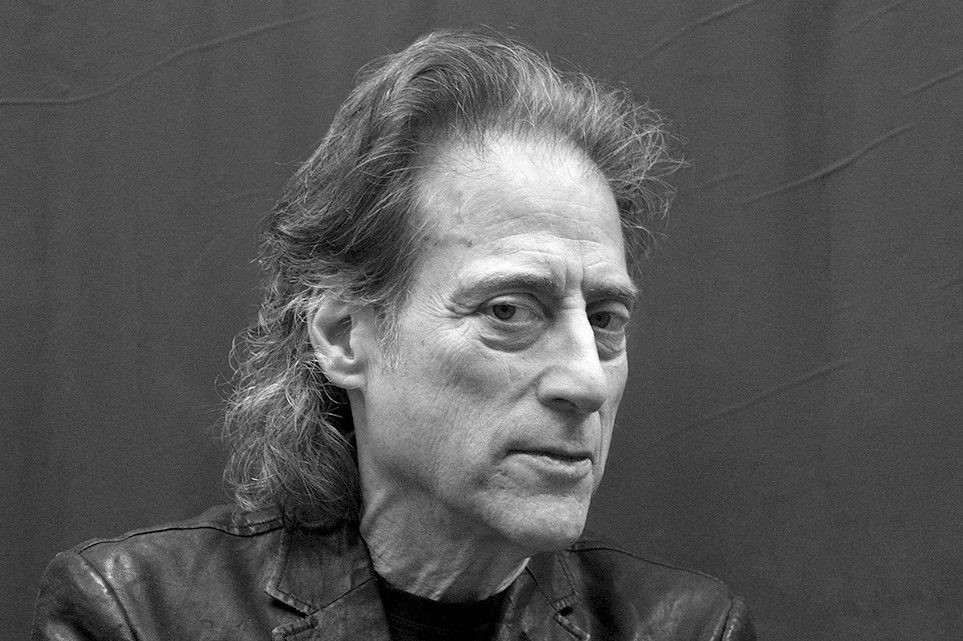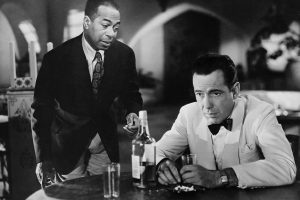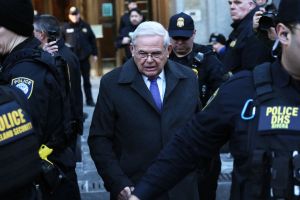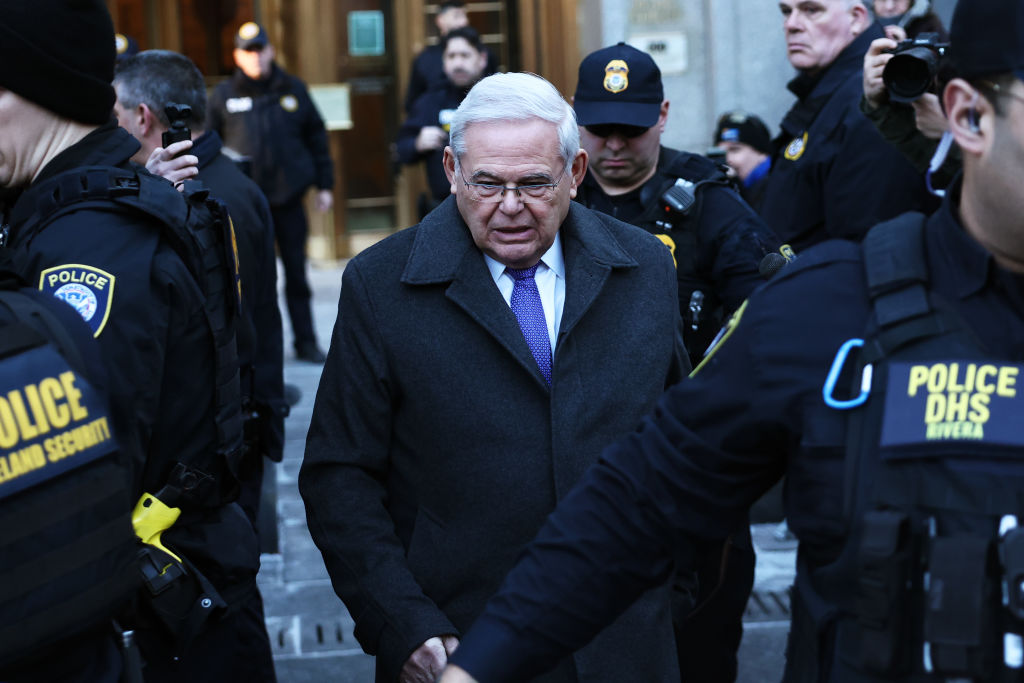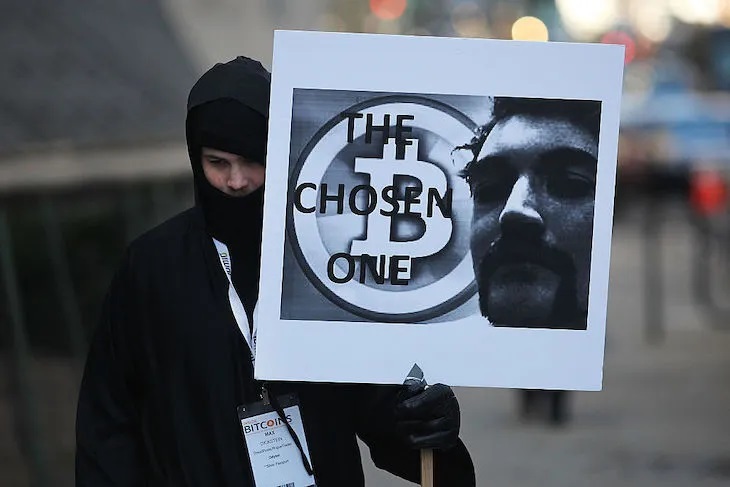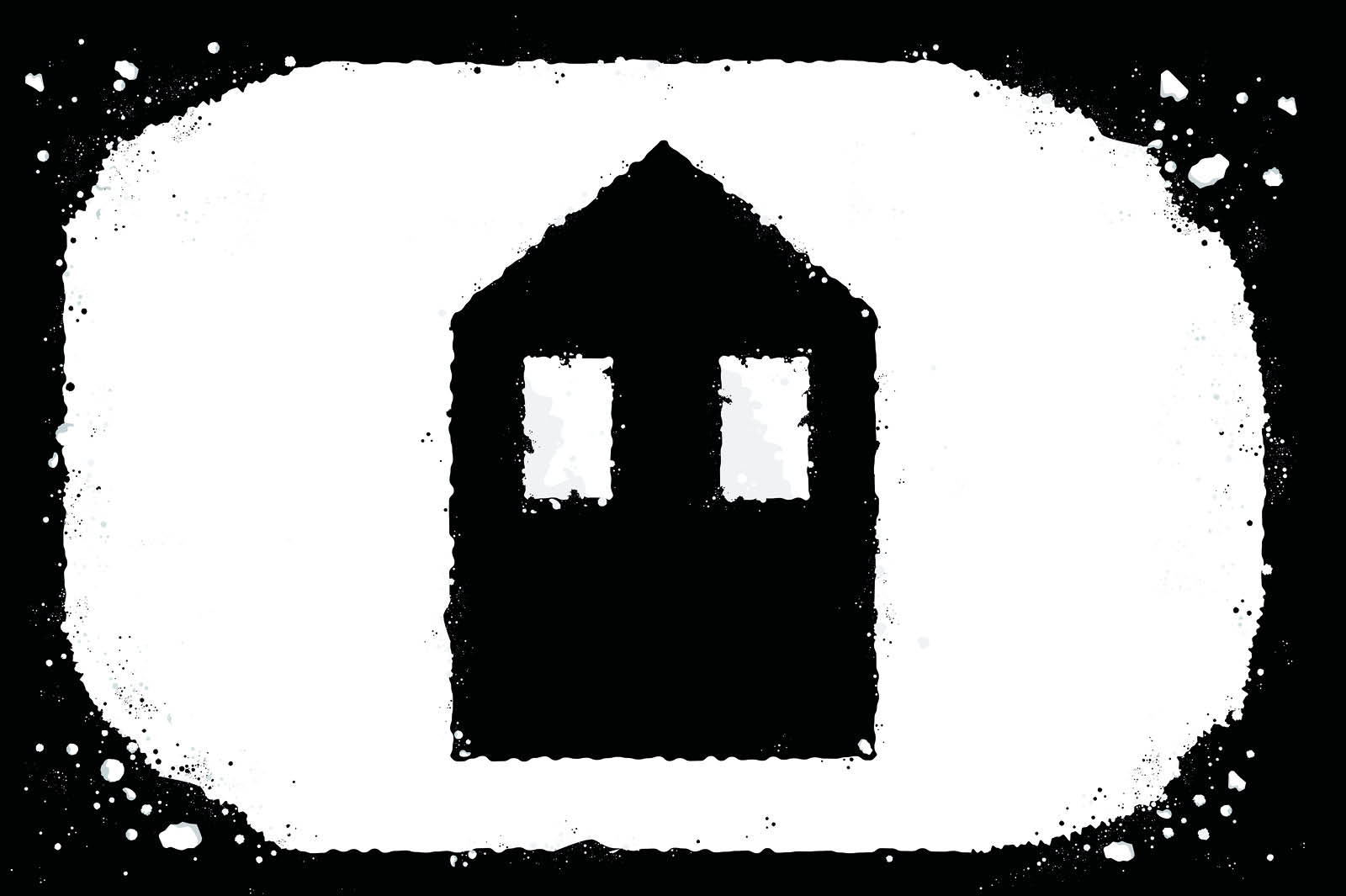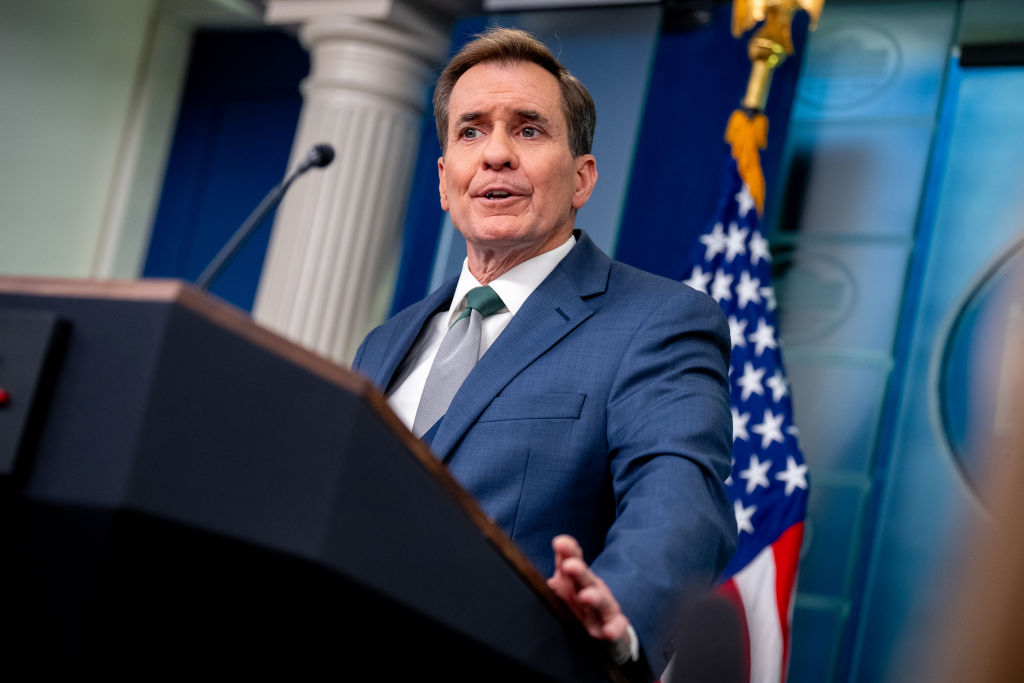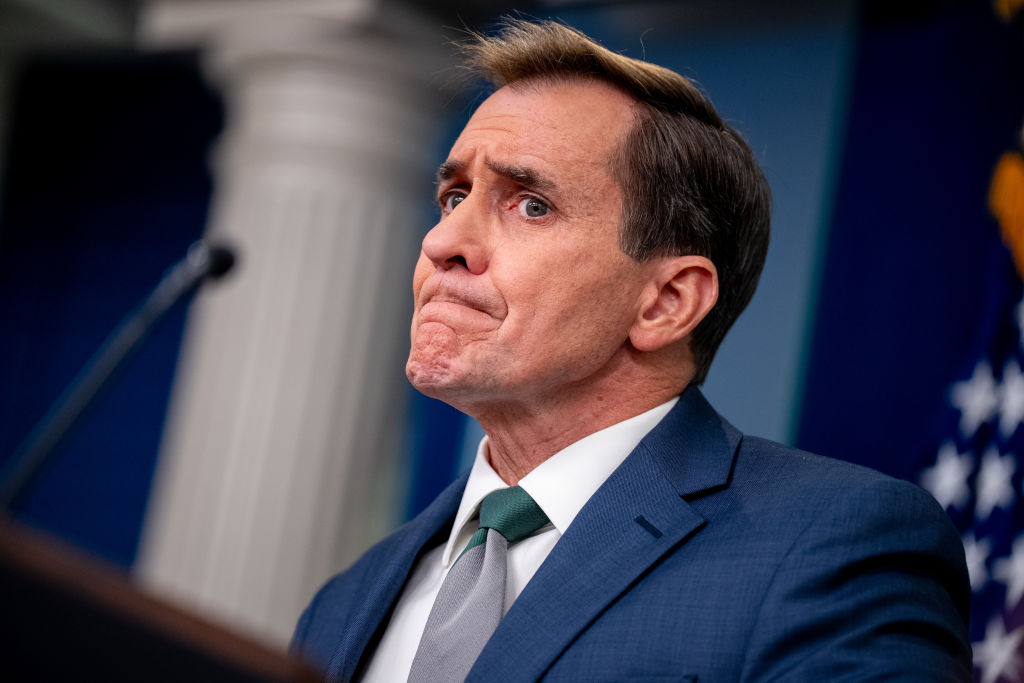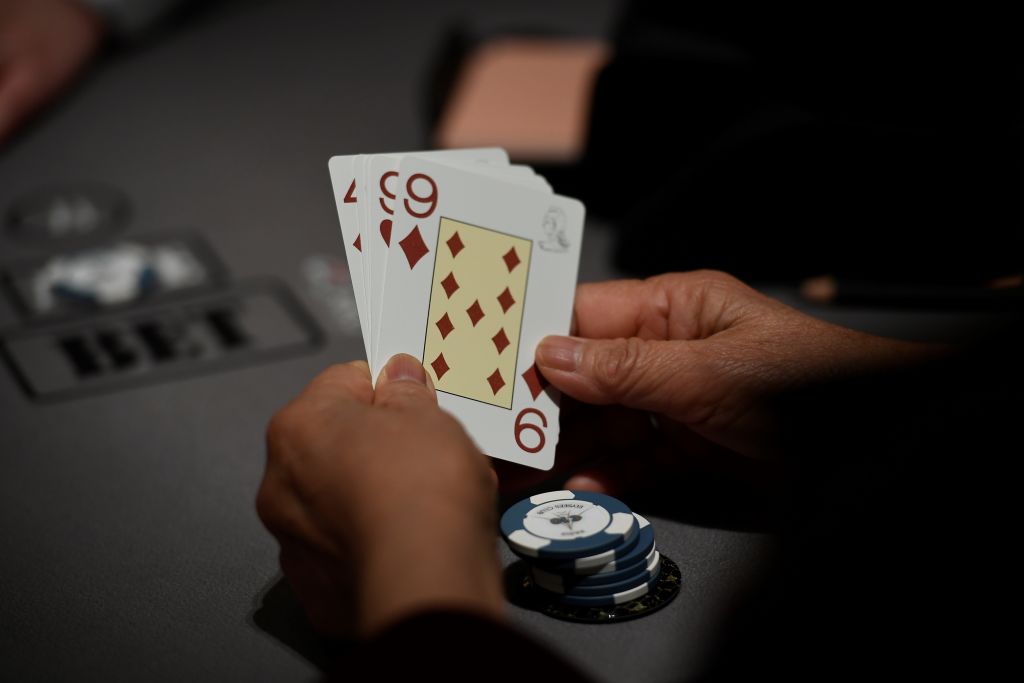Richard Lewis first met Larry David at a summer sports camp, aged twelve. “I disliked him intensely. He was cocky, he was arrogant,” Lewis says. “When we played baseball I tried to hit him with the ball: we were arch rivals. I couldn’t wait for the camp to be over just to get away from Larry. I’m sure he felt the same way.”
Eleven years later they met again on the New York stand-up scene — but didn’t recognize each other. One evening, as they drank into the night, it dawned on them. “I looked at his face and I said, ‘There’s something about you, man, that spooks me.’ Just saying that spooks everyone!” It clicked. “‘You’re Richard Lewis!’ ‘You’re Larry David!’… I was yelling at him, he was yelling at me.”
It was an unlikely figure who helped Lewis get clean: Ringo Starr
So began one of TV’s great, tempestuous friendships. The new series of Curb Your Enthusiasm is due out on HBO later this year and seventy-six-year-old Lewis, who’s talking to me on Zoom from his home in LA (sitting in front of a picture of the late stand-up Lenny Bruce), has high hopes for it. “Larry never does the show unless he thinks it’s going to be better than the last,” he says. “I was in about half the episodes and I know what the other episodes are. At least on paper, and with the guest stars and the cast, he has the best year ever. But he’ll be the judge because he edits it.”
Lewis and David play themselves in the sitcom and fight endlessly. Is this what their real relationship is like? “In truth, he loves me and I’m his dearest friend,” Lewis says of the Curb and Seinfeld creator. “But it would be rare for him to go deep like that. I could blabber about how much I love the guy. In one of my favorite lines from Curb, I told him that I cared about him and he said, ‘You’re a babbling brook of bullshit.’”
That’s a pretty standard interaction between the pair on Curb since it launched twenty-three years ago. But away from the cameras, does David give Lewis any affection? “Without question, I couldn’t have a better friend.”
That said, all the onscreen squabbling between the two men — who were born three days apart in Brooklyn Jewish Hospital — is sourced directly from reality. “He knows the buttons I have emotionally,” says Lewis. ‘When he teases me on his show it’s exactly what he’ll do in real life.” Lewis points to the scenes of them fighting in restaurants. “It’s no secret he’s made a tremendous amount of money, which is great for him, but knowing that I’ve always felt that if we go to a restaurant I don’t like Larry to pick up the check. I can’t bear it, and I would say, ‘Oh, Mr. Big Shot, I can pay, I’ve had a decent career, you don’t have to pick up my check.’”
David once arrived late to a restaurant in Beverly Hills. “The chef came out with enough for a party of twenty. We’re not even there for ten minutes and Larry looks at his watch and says, ‘Oh I forgot I have poker at Steve Martin’s house.’ Without saying anything else he darts out. I’m stuck with a $250 bill.”
Immediately after leaving, in a scene that will be very familiar to Curb fans, David called Lewis from his car, fake-apologizing for having to scoot so abruptly, barely hiding his laughter. “He does this kind of stuff all the time… But when the chips are down — look, I’ve had a tough couple of years — he’s been there for me in spades.”
Pain is the main theme in Lewis’s comedy. His anguished routines have even earned him the nickname the “Prince of Pain.” But the pain of those “tough couple of years” is no joke. A bad fall led Lewis to have four lots of surgeries on his shoulder, back and hip. Then, earlier this year, he announced that he has Parkinson’s.
“[Larry] came over and asked me if I could do the show. I said, ‘Yes, man, I don’t have tremors [though] my walking sometimes gets a little messed up.’ So he said, ‘We’re cool’… They treated me like gold on the set, it was really beautiful.”
Famed for his neurotic humor and addiction problems, Lewis was born the youngest of three children in Brooklyn before the family moved to New Jersey (“I was raised or, as I would say, lowered in New Jersey”). His father was an “enigma,” a kosher caterer who was never home, who Lewis nonetheless idolized; he battled endlessly with his mother. When he lost his father, shortly after graduating from college, he made his first big move. “I was sick of writing jokes for people who didn’t understand the good jokes because the good jokes were about my life. So I decided to go on stage to fill the void and the hole that I felt when my father died, and it was the best decision I ever made.”
After two and a half years of stand-up in New York, he was invited on The Tonight Show Starring Johnny Carson, then given slots on David Letterman (“my big break”). From there followed sell-out shows and acclaim. Mel Brooks named him “the Franz Kafka of modern day comedy.”
Success didn’t sit well with his mother. “The more famous I got, the more threatened and jealous she got.” She would call in to his radio shows, turn up at his gigs and introduce herself to fans, even challenge him during sets. It got so bad that in 1989, he had to ban her from attending a Carnegie Hall show.
“When I got on stage and I was doing my routines, she would stand up and say: ‘Your father didn’t have three testicles!’ It was like she was heckling me in the concert hall. That was two weeks before Carnegie Hall. I had to call my mother up and say you cannot come to Carnegie Hall… It’s sad when I think about this now because she had a lot of emotional problems, they were very dark… I made peace with her at the end. She was doing the best she could.
“I became who I was because of my upbringing so it was good fortune for me to feel so diminished growing up, but then I went on stage and talked about it. Had I had a healthy upbringing, who knows, I could have become a dentist.”
Lewis, who has been clean for twenty-nine years (“a pretty good run”), traces his addiction issues back to his childhood. “I felt so alone and anything I did was never enough and that translates into cocaine, booze, crystal meth… I felt I was never good enough for my family, and likewise, even if I’m doing a great show I would come back to my house or my hotel and I’d say, ‘I should have done it this way, I forgot this, I screwed up.’”
He quit everything after ending up in ER following an overdose. It was an unlikely figure who helped Lewis get clean: Ringo Starr. “He’s been sober about five years longer than me,” he says. “I knew him when I was an active user, but he’s seen me at both sides of the fence. We’re both in self-help groups. He’s been an enormous inspiration to me, and not just because he’s a Beatle, but just as a human being. He’s been through it, like I went through it, and he walks the walk. Early on in my sobriety I think he was the first guy who talked to me about it and I said, ‘What do I do?’ and he said: ‘Just listen to people who have time and just shut up and listen.’ He’s been really great to me and my wife.”
Lewis retired from stand-up four years ago, shortly before his fall (“it was almost fifty years and I thought I’m at the top of my game, get out now”). What’s left for him? “There’s no cure for Parkinson’s so I’m going to spread the word,” he says, suggesting he might link up with Michael J. Fox (“a really brave cat”) to raise awareness. “I’m going to do what I can with the time I have left. All of a sudden it gets very dark, the time I have left… I want people to know that I can still talk to The Spectator, I’m not lying in bed, I walk to my desk, I don’t need a walker, but there are some symptoms and they do progress. Am I worried about it? Yes. Am I frightened about it? Yes.”
He adds that he tries to put on a “happy face” for his wife. “We’ve been married for twenty-five years and she’s been with me every second of these past four years. So yes, I’m freaked out about it. I don’t do stand up, and if Curb doesn’t come back [for another series] that would be a big hit for me emotionally.”
It almost sounds like an episode of the sitcom, I tell him, trying to lighten the mood: Lewis emotionally blackmailing David into writing another series. “Spot on,” he says. “[Larry] prides himself on not taking suggestions… So if I told him this he would say: ‘Yeah, it’s OK, it’s OK’… But I wish it would be an episode. That’s going as deep as I would love to go on that show — ‘Larry, I have Parkinson’s, how can you not do this for me?’ It would be a mercy call, ‘Come on, be here for me. Look, I’m not shaking. If I shake, you can cancel it.’”
If this series is the last thing he does, will he look back on his career and think he had a good run? He takes a moment to answer. “It’s hard getting old, it’s hard being seventy-six, it’s hard having a disease with no cure, but when I put that aside and I appreciate the question, I am acting as if I’m my own parents. I’m extraordinarily proud of what I’ve accomplished. No one will ever take that away from me, not a disease, not someone judging me… So yes, I could ride off into the sunset and feel like I did what I was supposed to do on this crazy planet.”
Curb Your Enthusiasm will return to HBO later this year. This article was originally published in The Spectator’s UK magazine. Subscribe to the World edition here.



